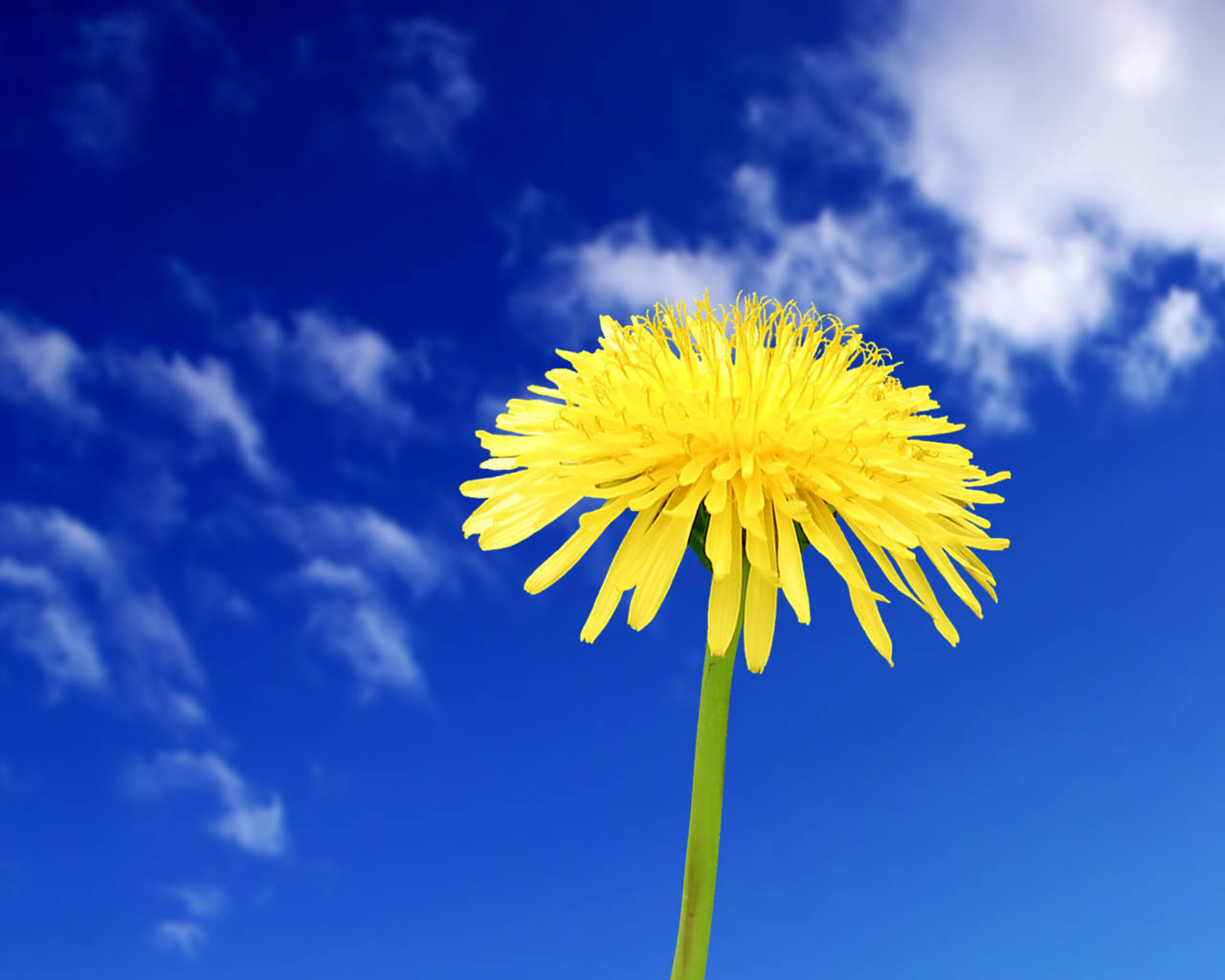The world would be a calmer place, we would be calmer people if we just realised that the only things that there are limited reserves of, in this world, are our natural resources. The rest of it all is in abundance because the manufacturers of these “other things” are us. Humans. While we have many failings, we also have the ability to conjure up things from the bottomless pits we are. Patience, generosity, empathy are just a few of these man-made reserves, just as vital to our existence as are water, air, land and such bounties of nature.
How could, therefore, a solution that prescribes limiting these otherwise unlimited reserves of attitude, ever be right? But in our search for a meaning to our lives, we often cut back on, or are asked to keep in check the goodness that’s inherent in us because “it won’t do us any good to be too good.”
It’s easy to see where that commonly-held belief comes from. Goodness, to us mere mortals, rarely feels like a gift. Gifts by definition are things that bring us joy. Like trinkets and collectibles from a loved one do. Goodness on the other hand can sometimes backfire on the giver, when it isn’t reciprocated, is taken for granted, or abused in some way. Goodness, then, won’t feel like much of gift at all; more like a curse. A trinket on the other hand rarely turns around and bites you in the ass.
This is the sort of thing we’re constantly being warned about. So we struggle with the pointlessness of it all and find ourselves adrift in a sea of doubt.
But here’s the thing about giving away those innate things we have – they don’t diminish, unlike material things. Every book you give someone, is one less book you have in your possession. Every cheque you cut someone, is a few less rupees in your account. These deficits are tangible, things we can see, and hence things we don’t truly fear parting with. Sure, we think twice before giving away such things, but do we really fear such giving? Nope.
So we’d think giving such tangible things at least, should be easy. Yet, most of us fare poorly when it comes to drowning out the voices that warn us against even such generosity with ephemeral, material possessions. We guard our money, home and belongings from plunderers, imagined and real. Because we’ve heard of how rich men become poor sometimes. But have we truly heard of a rich man becoming poor because he shared his riches with someone? No, and yet we guard our possessions with zealous arms and a paranoid eye.
So, understandably, for a race where toddlers are taught to bring back “their” toys from the neighbour’s house, generosity in non material things is even harder to achieve. Because what is even more scary than sharing a toy is sharing a joy, stretching the meaning of giving to include intangibles. There’s no savings account to go back and check. There’s no score-keeper who can tally up debits and credits. A scary, lonely place indeed, when you’ve no idea how much you’ve given, what it has bought you and what it’s going to cost you, and when you are told you’re a fool for giving without knowing those three things.
Surely there is someone somewhere who has tested the waters and realised that this you-are-a-fool-thing is a bogeyman. Designed to keep us safe from the small travails of life. Well-meaningly. But inadvertently, also keeping us from aspiring to true inner peace. So yes, a few people may grab what you are holding out with one hand and stab you in the eye with the other, but so what? You lost an eye, and the new organ transplant facility round the block will fit you with another one. You didn’t lose your ability to give more, he’d tell us. Wouldn’t that be a relief to hear? That we’d only lost that which could be easily replenished?
It would be liberating if this Columbus of uncharted territory came over and whispered into our ears the name of this place we haven’t known – where small worries would be just this very tiny price to pay for being able to rescue our lungs from the asthma of miserliness. Where we could breathe easy.
The flower didn’t evolve to be bereft of petals just because the wind was hard on it somedays, our intrepid explorer would tell us. The flower looked up at the sky and spotted a bird, with that very wind, as the wind beneath its wings. And so, we still have the rose.
Seetal Iyer is the co-founder and content head at Timbre Media and one of the most well-loved radio voices for over 15 years and counting.






